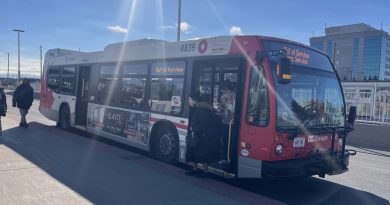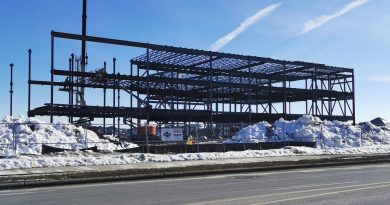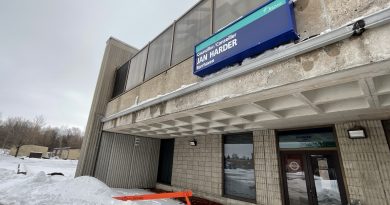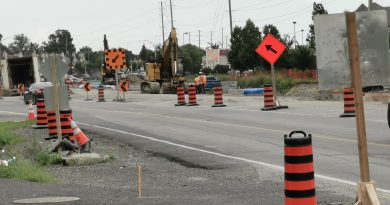City of Ottawa Cannot Create a Two-Tiered Planning System
By Wilson Lo, Barrhaven East Councillor
Back in November 2023, Katasa Group, a Gatineau-based residential and commercial rental property developer, and manager, sought approval for a zoning by-law amendment to construct two buildings at the southwest corner of Carling and Bronson.
The company proposed construction of two buildings, nine storeys for one and twenty-two storeys for the other, totalling 278 residential rental units.
Planning Committee approved the rezoning application in November, but at the end of that same meeting, Councillor Menard introduced a notice of motion for the next Planning Committee meeting in January.
The motion directed staff to sign a memorandum of understanding with the developer to accept their voluntary contribution of $300,000—$100,000 for traffic calming measures and $200,000 for affordable housing, locally in Capital Ward, with no specific and costed projects identified.
It was a blank cheque for $300,000 for Capital Ward.
At the Council meeting of January 24th, one Councillor amounted it to extorting a developer in exchange for a rezoning approval, while another backed up the contribution as a developer’s goodwill where they hope to be building.
Regardless of how the Councillor and Katasa reached the agreement, and regardless of Katasa’s history, my worry is accepting contributions like these opens the door to a two-tiered planning system favouring developers with deeper pockets.
While current planning staff and Councillors may be good and fair with managing and separating contributions from the planning process, there’s nothing stopping someone in the future from corrupting the process (and themselves).
That’s why I voted against accepting the contribution and why I voted in favour of the creation of a formal policy about these contributions. I’m hoping the policy, once approved, will deny future voluntary contributions, and redirect developers to a pending updated Community Benefits Charge (CBC) By-law process instead.
Previously, the provincial Planning Act, which forms the framework that governs municipal planning, included a Section 37 which permitted municipalities to impose community benefits charge to fund, construct, or improve local amenities when a developer requests a zoning amendment.
The section of the Act allowed municipalities to request such benefits when the development increases a site’s density by 25 per cent or more. Section 37 uniquely allowed benefits directed to the immediate community where the development is located.
Bill 23, passed in October 2022, significantly modified Section 37.
Basically, Section 37 was a density bonus no longer enshrined in provincial law. Instead, individual municipalities now have the authority to pass a local CBC by-law to achieve comparable results. Most notably, that authority comes with a cap of four per cent of the property’s value and requires the city to identify and cost specific local projects.
Section 37 covered this sort of contribution, though I am aware previous councils have accepted smaller voluntary contributions ad-hoc in the past.
The city enacted an early CBC by-law shortly around the time of Bill 23, but it is now undergoing a fulsome review and update by city staff for discussion and vote by Council this year.
In the interim, staff, rather than a local Councillor, will distribute these contributions citywide, with the possibility of dedicating the funds to the hyper-local needs of the immediate area.
Ultimately, Council voted 15-to-10 in favour of accepting Katasa’s contribution, but as of January 29th, the developer had withdrawn their offer.






